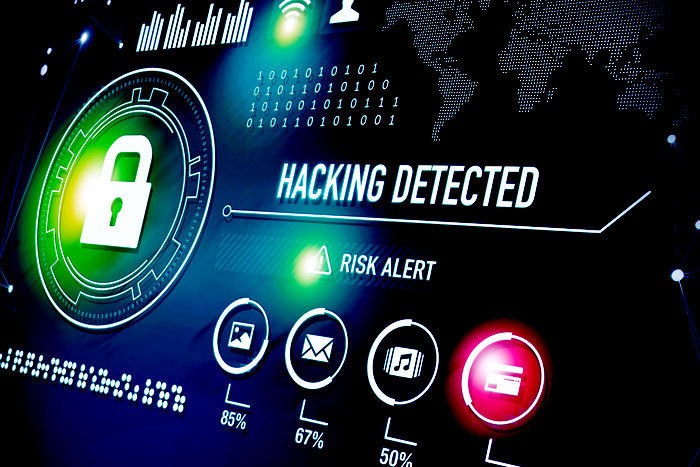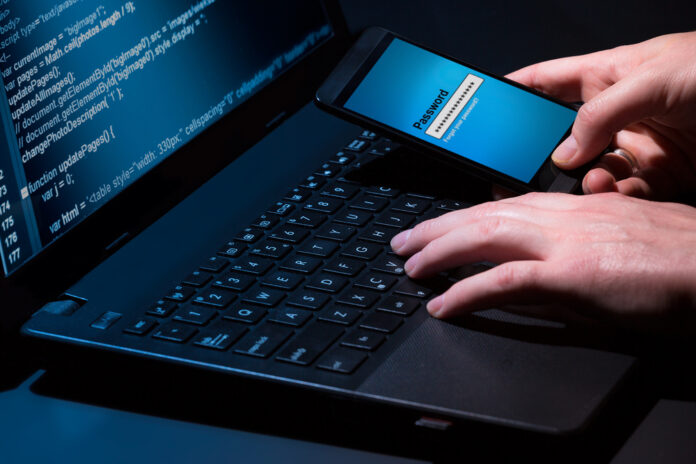The macOS level of protection is widely agreed to be much higher than that of the same Windows. Following the MacBook High Sierra fiasco, where root access without a password could be gained, everybody knows that Apple itself is incorrect.
This article offers tips on detecting hacking, preventing fraudulent attacks and whether your MacBook is affected. We’ll also inform you how to prevent hacker attacks using MacBook VPN. False mail and text messages, malicious pop-up advertisements, fraudulent downloads, calendar spam, even fake phone calls, scammers use all available media. This is done by scammers to compel you to provide details like Apple ID password or credit card numbers.
1.The Output of MacBook Drops
When hackers target your MacBook, there is a malicious virus that greatly increases the MacBook processing power and therefore reduces the performance. That’s going to be clear to you.
If it took a couple of seconds to open a folder or text document, it takes a lot more – the explanation is worth knowing. In this scenario,what can be done? The best way to search the machine for VPN viruses. The software may indicate whether malicious programmed are available. If your machine turns out to be clean or you don’t know if you have been hacked, then follow these measures, and it will all take place immediately:
• Look at the memory and CPU load;
• If you find an obvious normal excess and a 100% load – consider the running applications and processes;
• Close the software which is having a greater effect on the central processor;
• Open device file locations. Device – don’t hurry, malicious – uninstall safely.
2. The web browser reveals disturbing pop-ups
If you visit various pages online and see several windows that don’t fulfill your needs, your computer is most likely exposed to viruses. These pop-up windows feature prize and winning deals. This is a fake marketing campaign to compel personal data from you or to pass money to scammers. Don’t open windows like that.
Leave the page and scan the virus machines. Such programmes can be inserted into the browser. We also suggest VPN for mac download,because the server has an ad blocking feature. Therefore, you can less regularly see such details and your MacBook is not harmed.
3. Your password online doesn’t Work

If, surely, you type in your online password correctly and it doesn’t work, you might be hacked. I usually try in 10 to 30 minutes, because I have had sites with technical difficulties which for a short time do not recognize my valid password. When your new password is sure that it doesn’t work anymore, a rogue hacker actually signed in with your password and changed it to keep you out.
What happens normally in this case is that the victim reacted to an authentic Phishing email alleged to be from the service. The bad guy uses it to gather user information, log in, change the password and complicated recovery information and use this service to steal money from the victim or friends (while pretending to be the victim).
4. You should download the App
Download material from the Internet with great care.Some files that can be downloaded from the Internet may not include the declared software or the software that you are planning to obtain.
This involves applications where the configuration profiles can then be installed and the system manipulated. Unknown or unwanted software may become invasive, distracting and harmful to your Mac and encourage theft of your data. Install or download the App Store applications directly from the website of the manufacturer to prevent unauthorized, fake or malicious software. We also suggest using the free trial software that illustrates the applications are negative.
Why the version of the Trial?
Since certain projects are not qualitatively linked to function.You must use the trial version to ensure that the software is trustworthy.
5. MacBook is inaccessible
You watch the mouse cursor shift under control and characters are typed; without your participation, programmes are launched on the computer screen. It is remotely controlled by an intruder through a backdoor in the device. This kind of hacking is not the most prevalent, but is serious and involves huge damage, and its presence and method of defense would be better known.
What can protection be done?
Don’t panic and mess in some way with the hacker – watch.Look behind him, where he’s going, what he’s pressing and launching. Dismantle the Internet or computer from the network if it is too dangerous.
Then:
• Recall your device’s result sand downloads – uninstall them;
• Change account passwords that are particularly important to you and useful to you;
• the best alternatives – full machine re-installation;
• VPN download mac to stop an intruder seeing the exact position of your attacker.
6. Accidental shutdowns and MacBook restart
This is another symptom that may mean that your MacBook has a malicious virus. Unauthorized programmes may influence the system – regulate it and further destabilize the entire system. If this happens a few times, this is nothing to think about. If this is ongoing, every day, sometimes, it is worth finding out more in detail—an it’s accident or something more serious.
In this case, use the “Task Manager” to ensure that the machine runs properly. See which programmes are running and which of these have huge loads on the system. If you notice the programmes you haven’t installed, delete them and update your passwords immediately. We suggest using a mac VPN server free to avoid a scammer from figuring out where you are and from hacking the network.
7. Fake emails from your account
Hackers aim to get as many victims as possible with their malicious viruses. Where will you find them, except amongst your friends and acquaintances? This is why you should be vigilant about outgoing messages. You can send messaging services both via e-mail and on social networks.
Do your companions get mad and send out furious messages? You are a hacker target and your network has been compromised. Adjust your password for a malicious programme and download an antivirus.
8. Your mouse is switching between programmes and selecting
If your mouse pointer works (this is the crucial part of the selection process), you are probably hacked. Mouse pointers also switch randomly, usually due to issues with hardware. If the movements include deciding to run specific services, malicious individuals are involved.
This technique is not as regular as many other attacks. Hackers break into the computer and wait a long time (like after midnight) until they are idle, and then try to steal your money. Hackers can hack into bank accounts and pass cash, trade your inventories and conduct all manner of rogue acts designed to relieve your cash flow.
Is Online Activity Inappropriate for you?
Found that you were logging in from an unknown location and computer to your social network account? This is another justification for thinking about changing your password and completely eliminating viruses and vulnerabilities from your computer.

